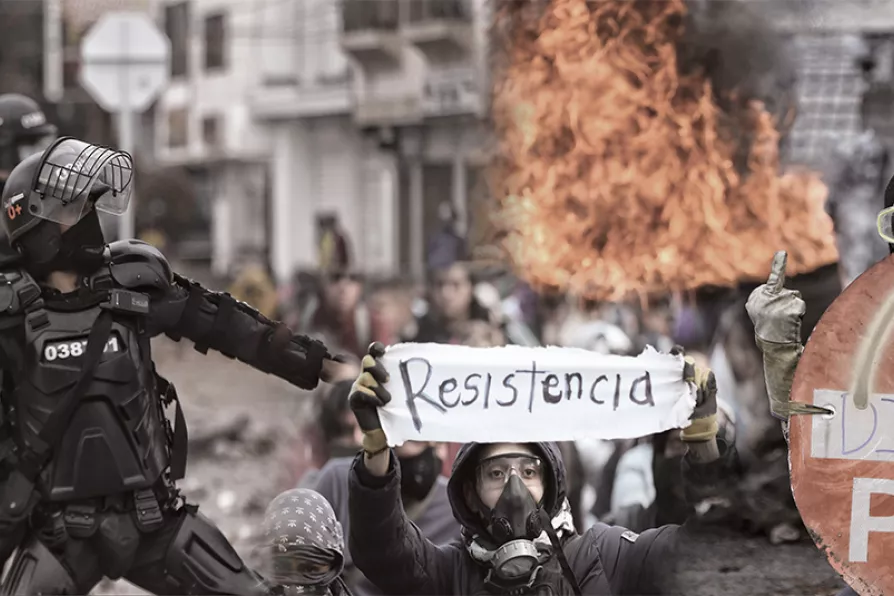RAMZY BAROUD offers six reasons why Netanyahu is prolonging conflict in the Middle East

 Anti-government protests led by the unions have faced extreme levels of state violence
Anti-government protests led by the unions have faced extreme levels of state violence
A MUCH-ANTICIPATED report by the Inter-American Commission on Human Rights (IACHR) has documented the extent of human rights violations committed by Colombian security forces since massive national strike protests were initiated in late April.
The IACHR released its findings on Wednesday July 7, a little under a month after a delegation visited the country to assess the situation over June 8-10.
The IACHR is an organ of the Organisation of American States (OAS) which monitors regional states’ compliance with international standards of human rights — it is equivalent to the European Commission for Human Rights

With Petro, Colombia has been making huge strides towards peace — but is all that at risk with the elections next year? MARK ROWE reports back after joining a delegation to the Latin American country

Colombia’s success in controlling the drug trade should be recognised and its sovereignty respected, argues Dr GLORY SAAVEDRA

Alvaro Uribe is found guilty of witness tampering and procedural fraud, reports NICK MACWILLIAM











